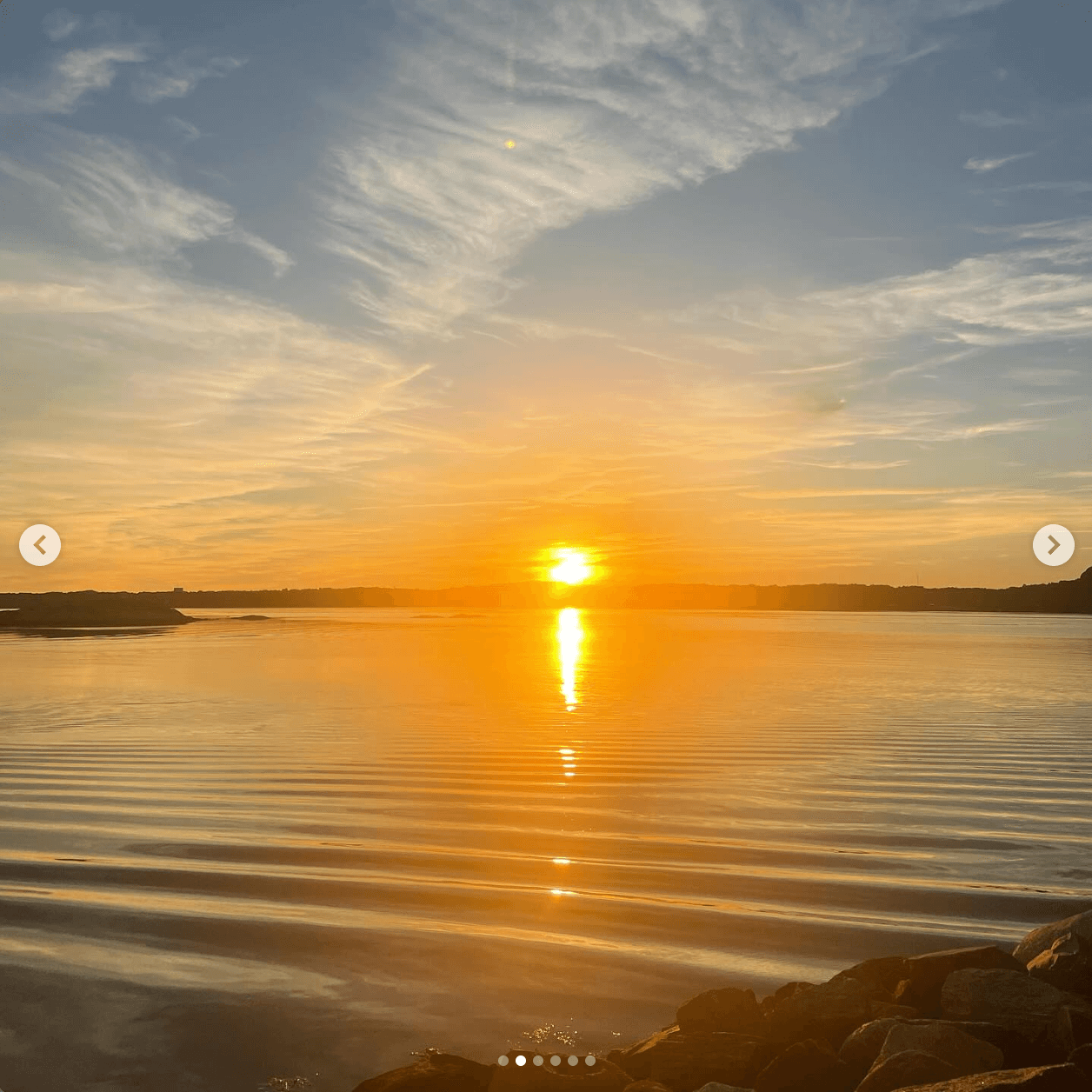
Currently reading: “The Ideal Outcome of Education for Sustainability: Transformative Sustainability Learning” (Michel et al., 2020)
I have written about transformative experiences (wave watching! When you suddenly see the world with new eyes) and transformative learning (with my favourite head-hands-heart model) before, but here comes the transformative sustainability learning theory (Michel et al., 2020)!
Transformative learning is learning that goes beyond just acquiring knowledge and skills, where learning is defined as the “personal impact that teaching has upon a student”. Transformative learning “enables individuals to recognize, reassess, and modify the structure of the assumptions and expectations framing their points of view, while also influencing their thinking and beliefs, and ultimately, guiding their actions”. In this, learning outcomes are necessarily open.
We all operate within a frame of reference that consists of two dimensions:
- Meaning schemes (How we interpret an experience based on our knowledge, beliefs, values, as well as habits)
- Meaning perspectives (Our worldview of how we judge what is right and wrong, good and bad, false or true)
If we change our frame of reference, this is a paradigmatic shift and a transformation of our thinking. But since these frames of references are deeply rooted in all we know and are, this is not easy. Usually, we need a “disorienting dilemma” (e.g. an acute personal or social crisis like a natural desaster or significant change in personal relationships like divorce) in order to re-interpret the world and shift our consciousness. To some extent, this can also be supported by embodied and aesthetic learning experiences.
In Education for Sustainability, it is necessary to transform students’ thinking, to challenge core assumptions and values, to review and adapt frames of references, to develop new ways of acting. Addressing questions of sustainability in a non-transformative (albeit probably well-meaning way) is what leads to “greening” of campuses but no change beyond that (well, possibly coming up with better recycling systems and adding signs to switch off lights when leaving rooms), whereas we need a more general change than just “doing things better” without challenging underlying assumptions and values. “Doing better things” is already a step better, but still doesn’t question the assumptions or values. What we need is “seeing things differently”, or so the claim of Transformative Learning Theory. But that raises the question of whether we, as educators, have the right to transform our students, put them through disorienting dilemmas, make them shift their perspectives. Transformative Learning Theory argues that yes, we HAVE to do it! And I agree. Only question is how, but that’s for another post…
Michel, J. O., Holland, L. M., Brunnquell, C., & Sterling, S. (2020). The Ideal Outcome of Education for Sustainability: Transformative Sustainability Learning. New Directions for Teaching & Learning, 2020(161).